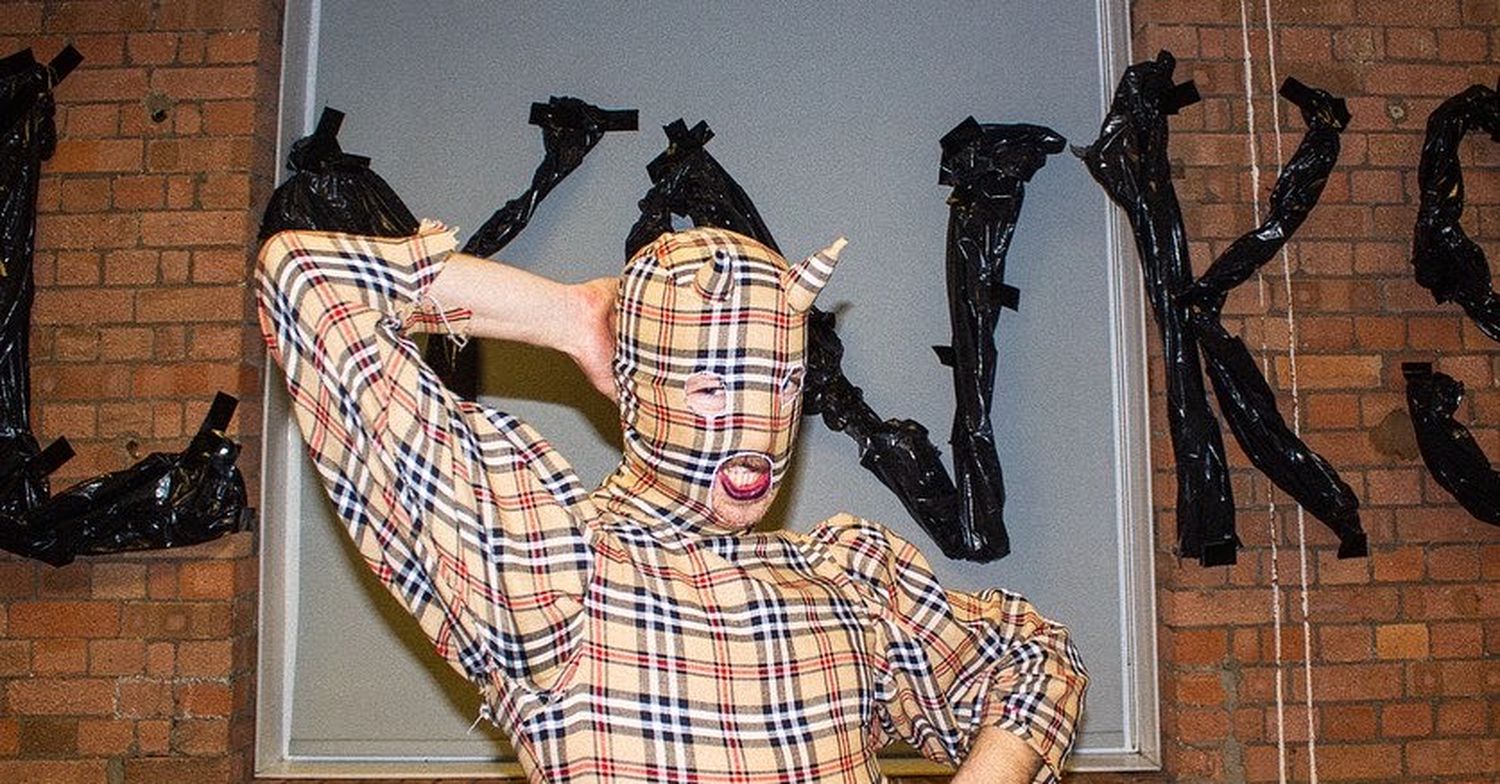Yeezus: Kanye West’s Angriest Album
Rishi Sharma analyses the album in the context of the rapper’s controversial personality
Who will be remembered as the celebrity of the 2010s? Few have managed to combine a larger-than-life persona with genuine talent in the way that John Lennon, David Bowie and Muhammad Ali did in their time. However, an unmistakable candidate for the decade just passed is the rapper, producer, fashion designer, reality TV star, creative director and presidential candidate, Kanye West
West was adored as a musician throughout the 2000s, and many claim that the narcissistic, man-child persona that he became famous (or infamous) for only really developed in the 2010s. Yet the truth is that Kanye West has never not been an outspoken loudmouth. His cocky Grammy acceptance speech has long been a fixture on the internet; his statement that “George Bush doesn’t care about black people” in the aftermath of Hurricane Katrina prompted a response from the then-President himself and, most notably of all, he interrupted Taylor Swift’s acceptance speech at the 2008 MTV Video Music Awards to tell everyone, then and there, that the award should have gone to Beyoncé.
“The truth is that Kanye West has never not been an outspoken loudmouth”
It was this final incident which prompted Kanye to recede from the limelight and work on his fifth album, My Beautiful Dark Twisted Fantasy. West considered Twisted Fantasy to be his last chance, his final opportunity to regain the trust of listeners and critics. It was a resounding success; the album was lauded by the music establishment and cemented West’s legacy at the top of the hip-hop world.
Kanye soon gave himself another mountain to climb, though: fashion design. His Yeezy brand has been criticised for its outlandish prices and strange aesthetic, but even in the early 2010s, West’s products were selling like wildfire. Despite this, he was finding the fashion world difficult to win over, claiming to be barred from shows and snubbed by major executives. As fans demanded he return to music, West grew frustrated. If the fashion industry wouldn’t let him be himself, he knew that the music industry would.
“Yeezus [...] is, without a doubt, one of the most tasteless and arrogant albums ever produced”
The resulting album, Yeezus, (a portmanteau of ‘Jesus’ and Kanye’s nickname, ‘Ye’) is, without a doubt, one of the most tasteless and arrogant albums ever produced. It revels in its ugliness, its vulgarity, and its unbridled hedonism in a way that the crowd-pleasing Twisted Fantasy never truly did. While that album saw West admitting that he was ‘not too good’ with ‘females’, Yeezus sees him take a whole song – “I’m In It” – to write about hyperbolically intense sex (I’ll spare you the lyrics). He takes his braggadocio to Biblical levels on “I Am A God (feat. God)“, contrasting with the self-critical tone of several Twisted Fantasy’s songs. West shows the full extent of his disregard for ‘taste’ in the song “Blood on the Leaves”, which sees him rail against his mentor, Jay-Z, and also discuss a failed romance with a nameless partner. For this, West took a sample of Nina Simone’s rendition of the song ‘Strange Fruit’, which laments the lynching of black people in the southern US, and obliterated it with booming electronic horns and outrageous lyrics about both his and Jay-Z’s relationships in a move that was bound to stir controversy. Yet controversy, as we’ve seen, was West’s element.
His most direct rebuke to the fashion world comes in the song “New Slaves”, where he criticises the racism and snobbery of an extremely white, Eurocentric industry: ‘Doing clothes, you would’ve thought I had help / But they wasn’t satisfied unless I picked the cotton myself.’ However, West’s European influence on this record is obvious through its production and instrumentation; he collaborated with North American beatmakers as well as French house musicians Gesaffelstein, Brodinski and Daft Punk, as well as Scotland’s Hudson Mohawke, to produce hardcore, EDM-inspired beats. Wanting to strip down the album’s aesthetic, he also enlisted legendary producer Rick Rubin to eliminate all sonic distractions. This stripped-down approach also includes the instantly recognisable cover art: a completely transparent CD case sealed with red tape.
Yeezus was designed as a divisive, controversial album. Although acclaimed by critics, it was criticised by fans for its abrasive production and offensive lyrics. West was done with making music to please people. ’Soon as they like you, make them unlike you / ‘Cos kissin’ people’s ass is so unlike you,’ he raps on the opener, “On Sight”, referring to the critical success of Twisted Fantasy. Through all the hedonism, bad taste and blasphemy, the album epitomised the vulgar excesses of the 2010s. Yeezus is fundamentally about Kanye West’s favourite topic: Kanye West. Interest in the album is largely contingent on your interest in the man himself, whether as a fascinating artist or a narcissistic celebrity. However, for those who are interested, it affords listeners a look into his unique mind, completely unfiltered.
 News / Uni Scout and Guide Club affirms trans inclusion 12 December 2025
News / Uni Scout and Guide Club affirms trans inclusion 12 December 2025 News / Pembroke to convert listed office building into accom9 December 2025
News / Pembroke to convert listed office building into accom9 December 2025 Features / Searching for community in queer Cambridge10 December 2025
Features / Searching for community in queer Cambridge10 December 2025 News / Uni redundancy consultation ‘falls short of legal duties’, unions say6 December 2025
News / Uni redundancy consultation ‘falls short of legal duties’, unions say6 December 2025 Science / Did your ex trip on King’s Parade? The science behind the ‘ick’12 December 2025
Science / Did your ex trip on King’s Parade? The science behind the ‘ick’12 December 2025








